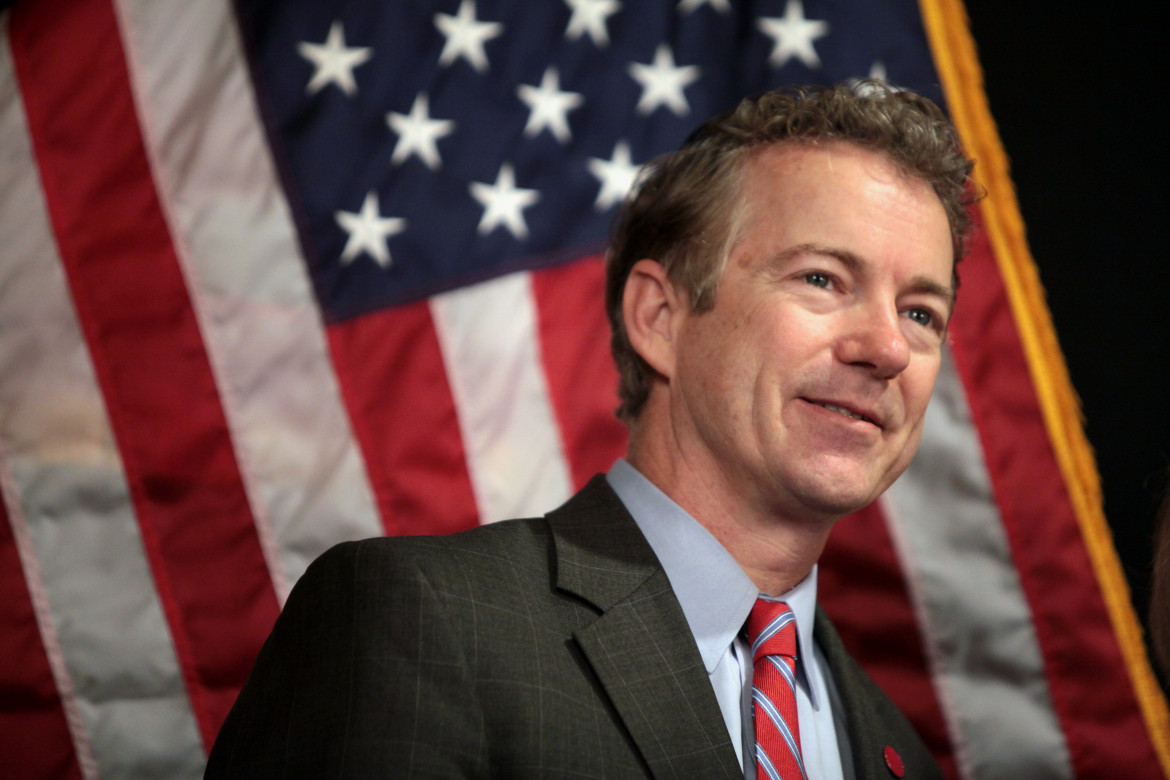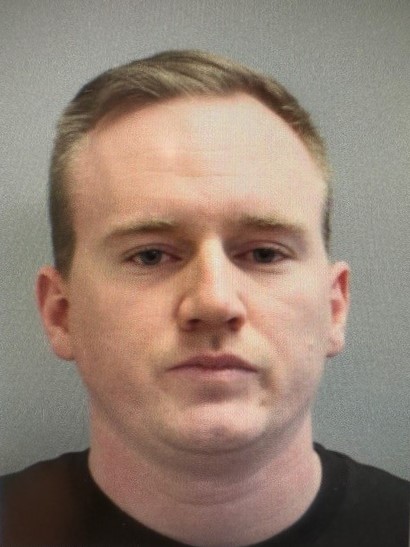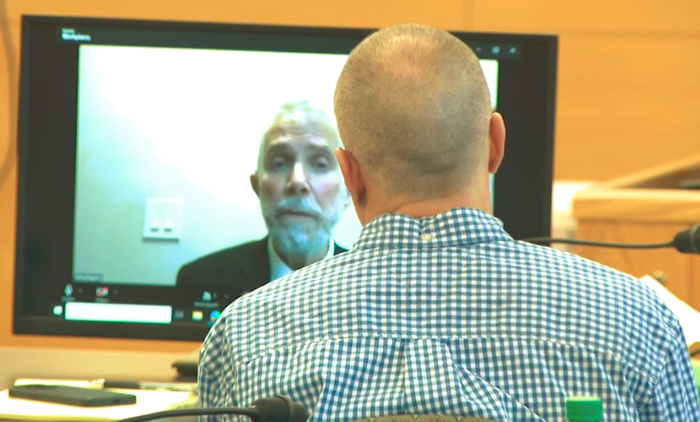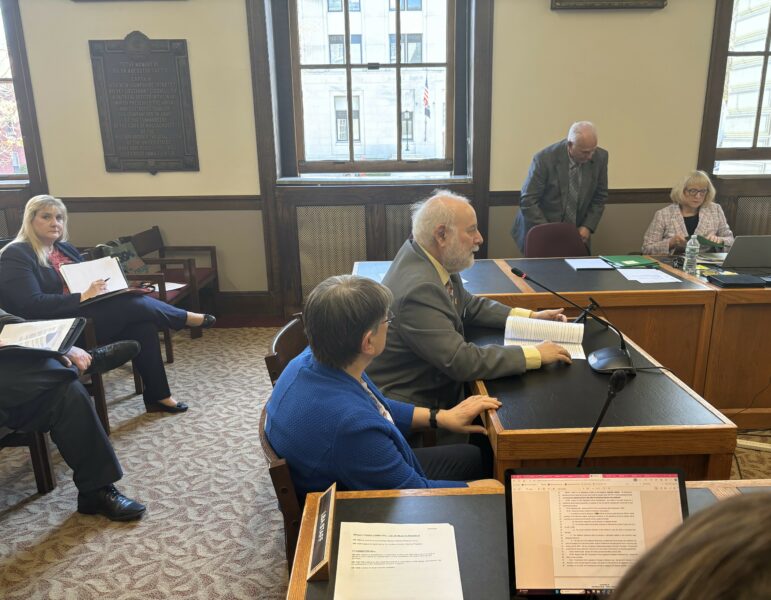With weak polling and lackluster fundraising, Sen. Rand Paul (R-Ky.) is struggling to stay in the 2016 presidential race. So far, some of his strongest financial supporters have come from a new, growing industry: legal marijuana.
As of Sept. 30, Paul’s second-biggest contributor is the National Cannabis Industry Association, a D.C.-based trade group that lobbies Congress on behalf of state-legal marijuana businesses. Since it was founded in the later part of 2010, the association has spent $200,000 on lobbying.
In all, NCIA is the source of $12,000 to Paul’s campaign, including $10,000 from the organization’s PAC. Its executive director, Aaron Smith, donated $1,500 to the candidate, who leans libertarian. Michael Correia, the group’s lobbyist, gave $500 to Paul as well.
Paul held a fundraiser during an NCIA summit on June 30, becoming the first major presidential candidate to ever court donations from the marijuana industry. The cost of admission was a check for $2,700 – the maximum an individual can donate to a campaign per election – made out to Paul’s victory committee. The closed-door event attracted about 40 people, CBS Denver reported.
Bigger money has gone to outside groups that can take unlimited sums. America’s Liberty PAC, a super PAC devoted to Paul’s election, accepted $15,000 from ICC Holdings, LLC, an NCIA member and Illinois company looking to run a commercial cannabis farm. Scott Banister, an angel investor and so-called marijuana rights activist, has donated $1.25 million to Concerned American Voters, another super PAC backing only Paul.
The industry has several reasons to be on Paul’s side. The senator is co-sponsoring a bill to prevent federal regulators from punishing banks that serve pot-related businesses. Many such enterprises, denied bank services because they trade in a drug that’s still illegal on the federal level, are forced to deal with large amounts of cash, which makes them targets for robbery.
And while he has not come out in support of legalization, Paul has said that, as president, he would let the states shape their own laws for marijuana use.
“I don’t think that the federal government should override the states,” he said at the second Republican debate. “I believe in the 10th Amendment, and I really will say that the states are left to themselves.”
Paul – along with Sens. Cory Booker (D-N.J.) and Kirsten Gillibrand (D-N.Y.) – introduced the Compassionate Access, Research Expansion, and Respect States (CARERS) Act this year. It would protect state medical marijuana programs and includes several other provisions that pro-legalization groups have praised.
The weed industry alone can’t keep Paul’s poll numbers high, though. He’s struggling in Iowa and New Hampshire and was on shaky financial ground when his campaign closed its books last month: He burned through cash at a 181 percent rate, according to his quarterly report to the Federal Election Commission. While Paul spent $4.5 million between June 30 and Sept. 30, he raised only $2.5 million. Senate Majority Leader Mitch McConnell (R-Ky.) is pressing the candidate to shift his focus to his Senate race, according to Politico.
The Marijuana Policy Project’s PAC has both of Paul’s races covered: It has contributed $5,000 to the Republican’s presidential campaign and $9,500 to his Senate bid. Headquartered in D.C., MPP supports federal and state legislation and ballot initiatives to legalize medical marijuana, reduce penalties for possession and allow recreational use.
MPP has graded each of the presidential candidates’ marijuana policies based on their public statements about the issue. The group gave an A- to Paul, highlighting his support of decriminalization. Paul, who has also introduced legislation that would relax penalties for nonviolent offenders, has argued that marijuana-related arrests hurt poor, minority communities.
“Not only do the drugs damage them, we damage them again by incarcerating them and then preventing them from getting employment over time,” he said during the debate.
The only candidate who got a higher score from MPP was Sen. Bernie Sanders (I-Vt.), who said during the Democratic debate this month that he would support a ballot measure to legalize marijuana in Nevada if he were a voter in the state.
Twenty-three states and D.C. allow marijuana for medical use. Four states and D.C. have made recreational use legal. A majority of Americans – 58 percent, as of Gallup’s most recent poll on the issue – support legalization.





